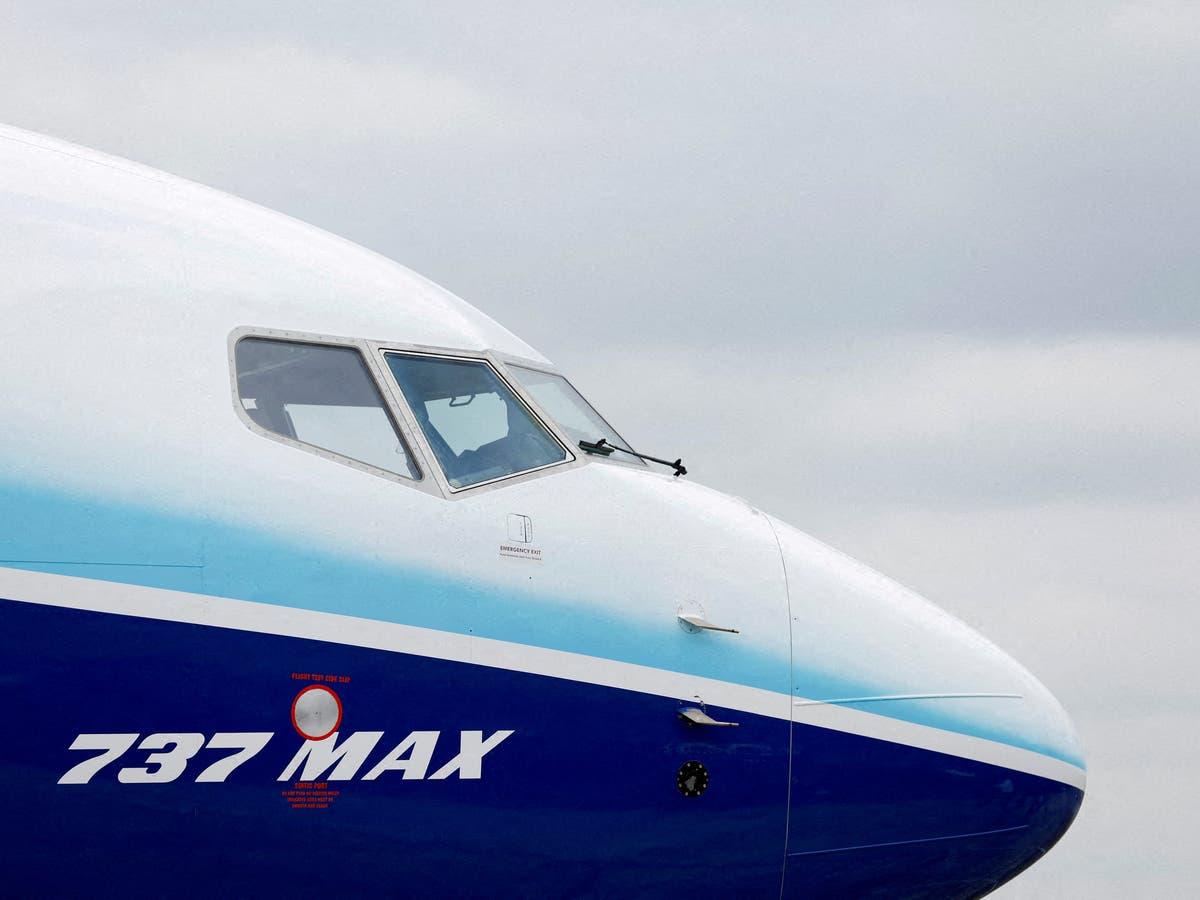
Smarter email, faster business. Auto-tag, parse, and respond to RFQs, quotes, orders, and more — instantly.
Trending Now:
Delta Air Lines Says Tariffs May Threaten Airbus Orders and Flights
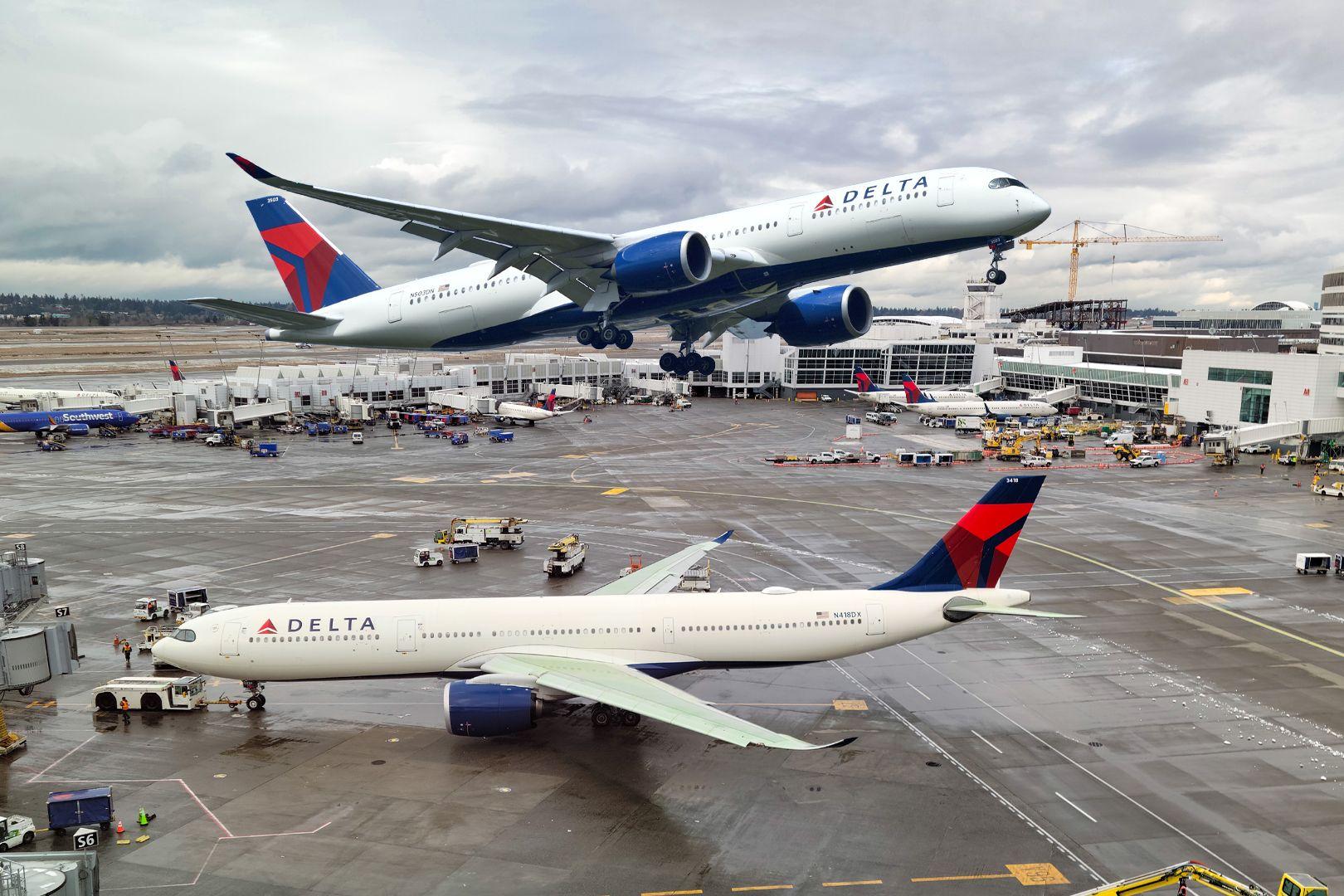
Delta Air Lines Warns Tariffs Threaten Airbus Orders and Passenger Flights
Delta Air Lines has issued a stark warning that U.S. tariffs on imported aircraft and parts could compel the airline to suspend existing orders and halt future purchases of Airbus jets, potentially disrupting flights for up to 10 million passengers annually. This cautionary statement was submitted in a formal filing to the U.S. Commerce Department amid an ongoing national security investigation that may lead to the imposition of additional tariffs on foreign-made aircraft.
Impact of Tariffs on Delta and the Aviation Industry
Since April, the airline industry has been subject to a 10% tariff on nearly all imported planes and parts, a measure introduced during the Trump administration. Although a proposed increase to 20% on all European Union products is currently on hold, it could be reinstated as early as July. The Commerce Department’s investigation raises the possibility of even higher tariffs, eliciting strong opposition from Delta and other U.S. carriers.
Delta, the second-largest customer of Airbus by deliveries last year, highlighted that it has received 47 Airbus aircraft over the past two years, manufactured in Canada, Germany, and France. The airline argued that had tariffs forced the cancellation of these deliveries, it would have been unable to operate flights serving 10 million customers annually. The filing warned that new tariffs would likely compel Delta to cancel existing contracts and reconsider those under negotiation, a move that would not only disrupt commerce but also reduce manufacturing activity in the United States by both Boeing and Airbus.
Financial disclosures from Delta reveal firm purchase commitments for 285 new aircraft, with options for an additional 120. Of these, only 100 Boeing 737 MAX 10s and 30 options are sourced from U.S.-based Boeing, while the remainder are Airbus jets, exposing them to current and potential future tariffs. Although Delta expects its 26 A220 aircraft scheduled for delivery over the next two years to be produced at Airbus’ Mobile, Alabama facility—thus avoiding tariffs—the airline’s 20 widebody aircraft, all manufactured in Europe, remain vulnerable.
Broader Industry Developments and Global Implications
The aviation sector is undergoing significant shifts beyond Delta’s concerns. Indian carrier IndiGo has doubled its Airbus A350 order and established strategic partnerships with Delta, Air France, and Virgin Atlantic to expand into long-haul international markets. Meanwhile, expectations of large aircraft orders from Chinese airlines have buoyed European shares, particularly Airbus stock. Vietnamese low-cost carrier Vietjet has also doubled its Airbus A330neo commitments to support network expansion.
Delta’s warnings underscore the complex interdependence of the global aviation market and the potential ripple effects of trade policy decisions. The airline cautions that further tariffs could disrupt its operations and have broader economic consequences, including impacts on U.S. manufacturing jobs, as both Boeing and Airbus maintain significant production facilities within the United States. As the Commerce Department’s investigation proceeds, airlines and manufacturers are preparing for possible changes that could reshape the competitive dynamics of the industry.
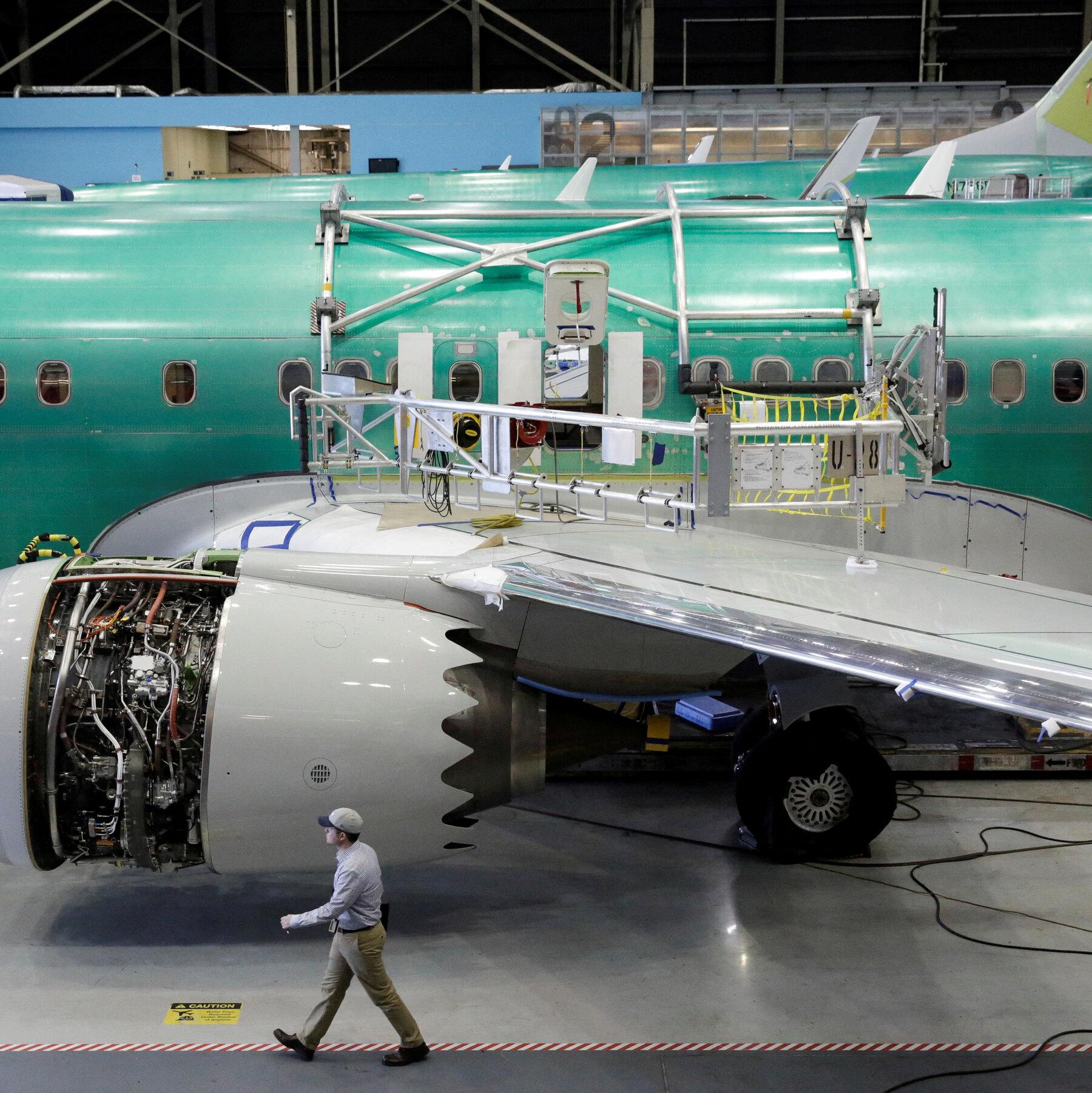
Challenges Boeing Faced After Designing the 737 MAX for Larger Engines
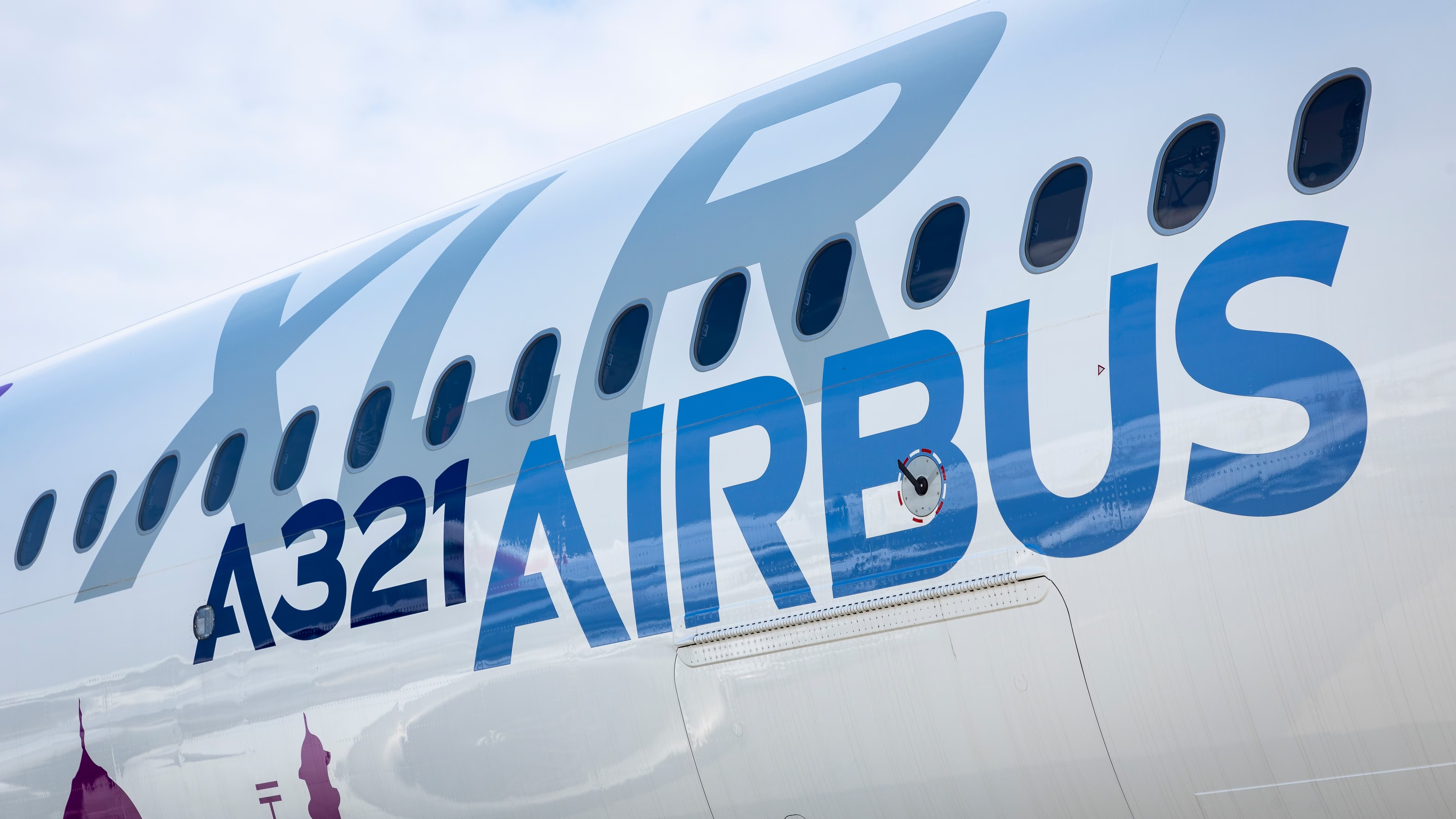
China Reportedly Preparing to Place Major Airbus Order for Up to 500 Planes
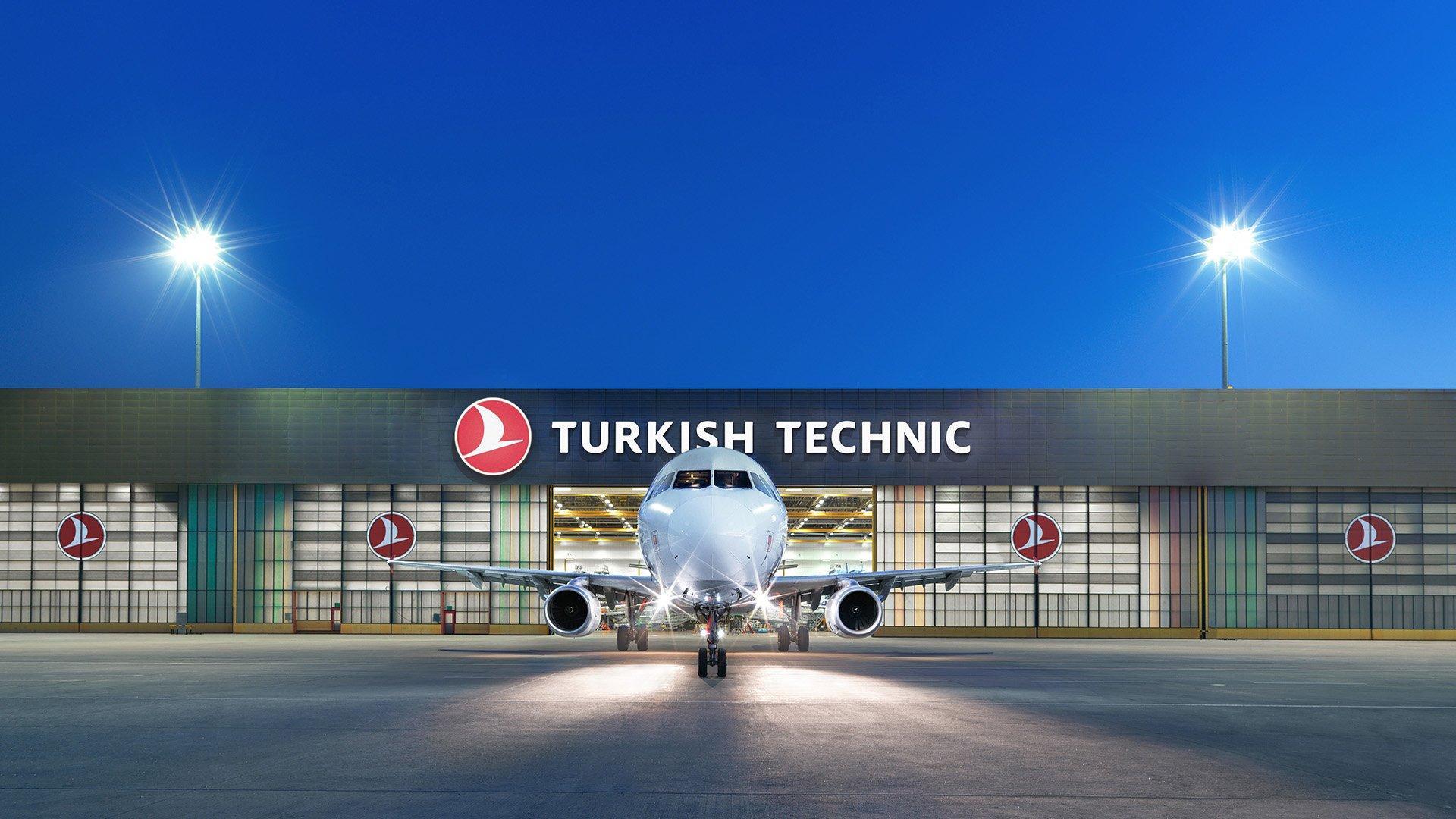
Turkish Technic and CFM Discuss Launching LEAP Engine Repair Hub in Istanbul
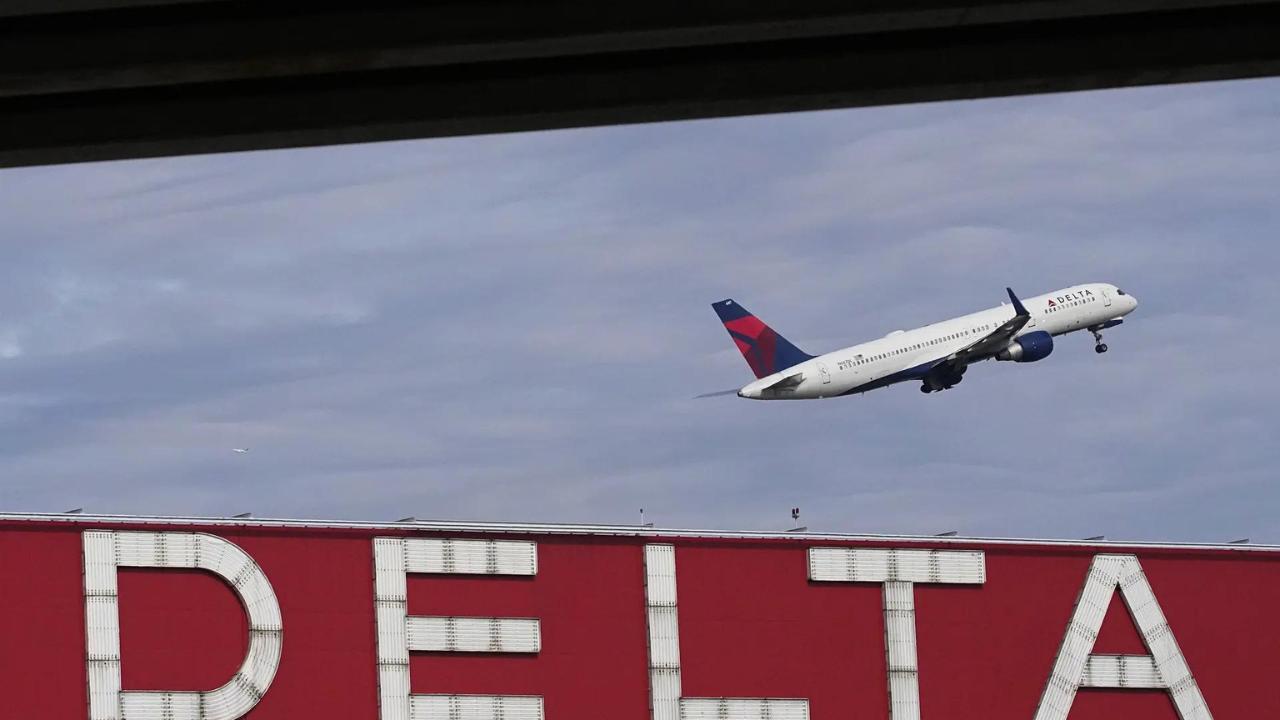
Delta Air Lines Opposes New Trump Tariffs on Aircraft Imports
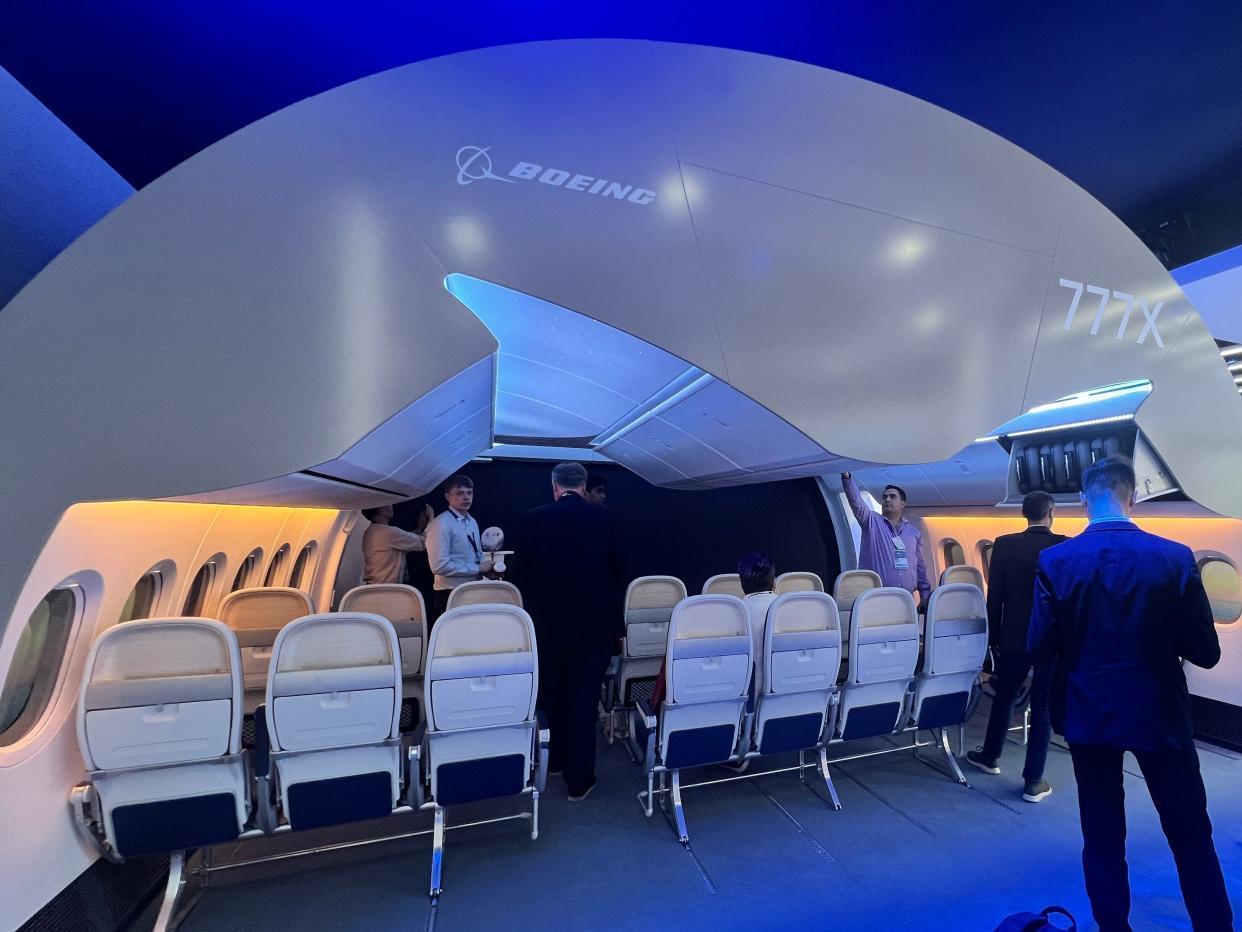
Airlines Poised to Benefit from the Boeing 777X
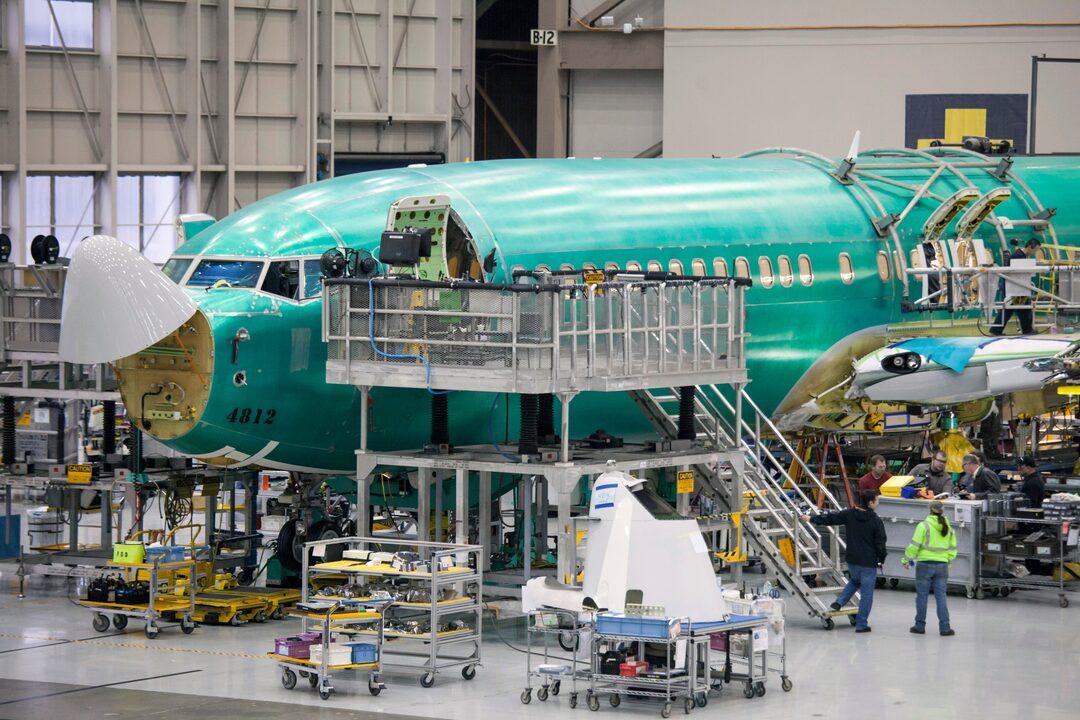
What Boeing’s Production Ramp-Up Means for Supply Chain Accounting
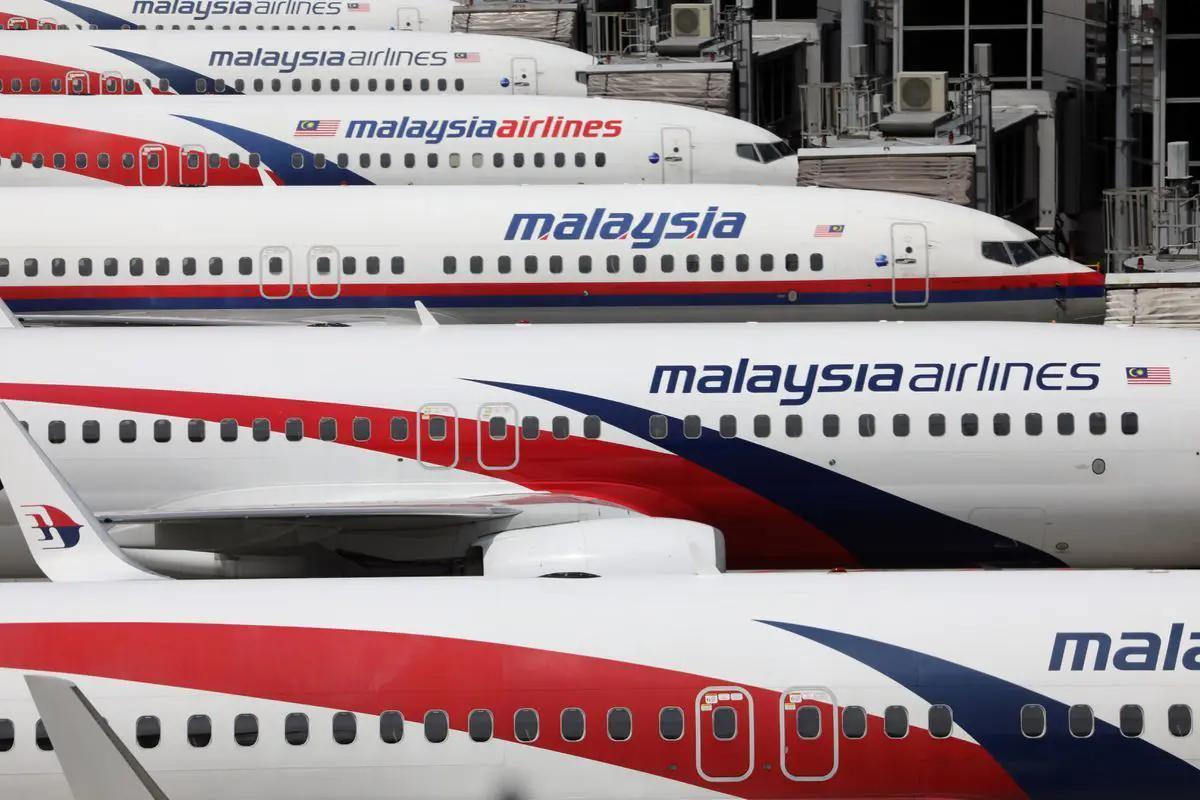
Malaysia Airlines Expands AI Partnership with Google
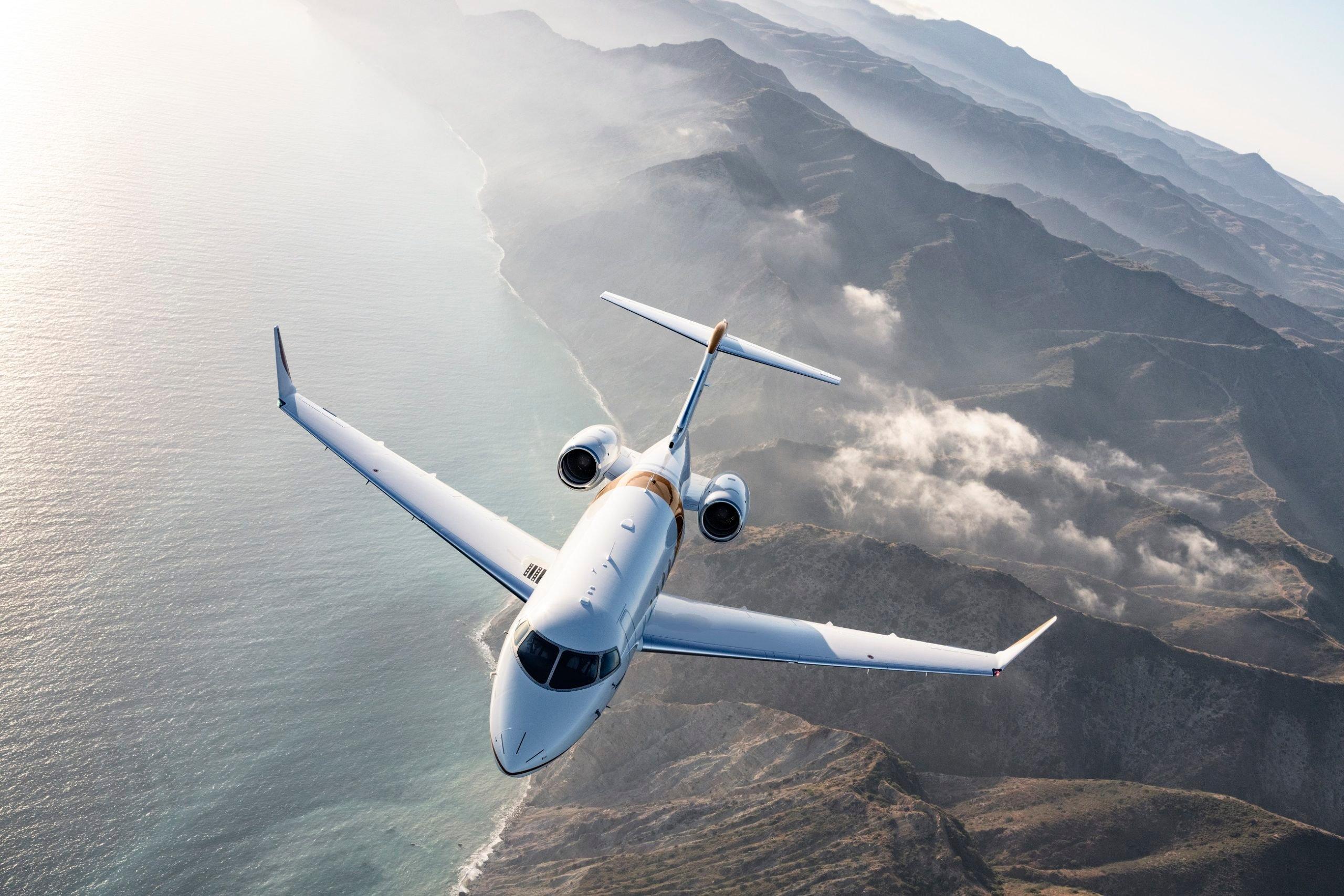
Demand for New Business Jets Expected to Grow 11% in 2025
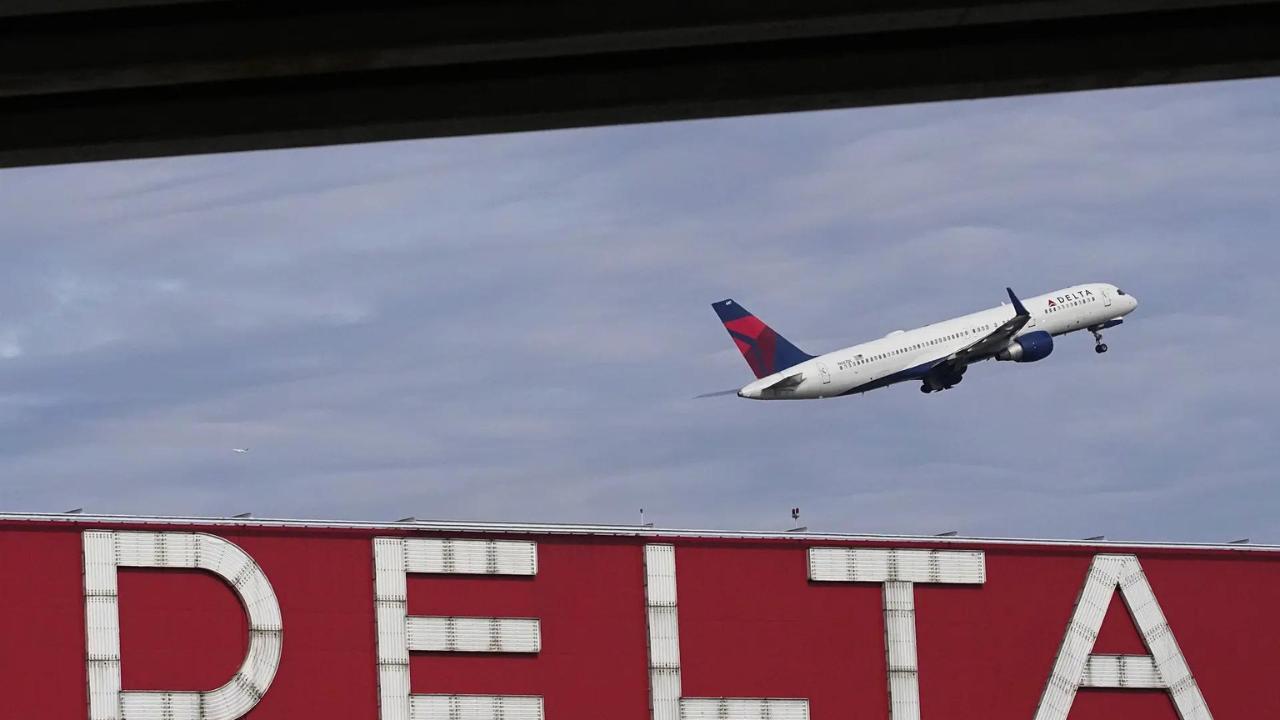
Delta Opposes Trump Administration’s Proposed Aircraft Tariffs
